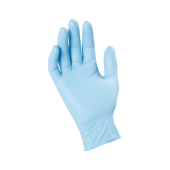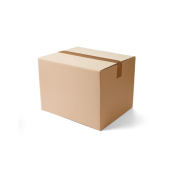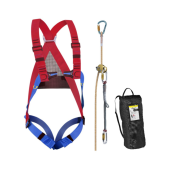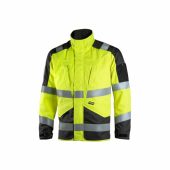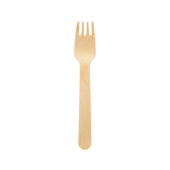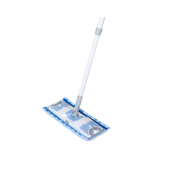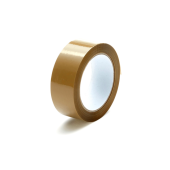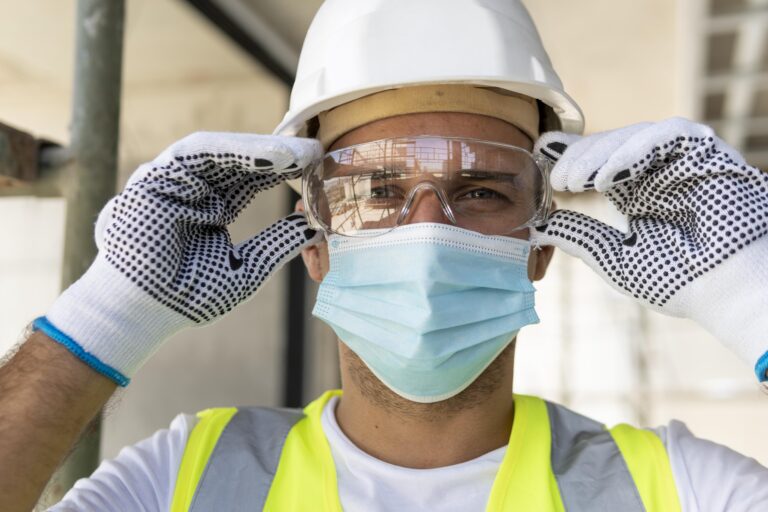Finding the right cut-resistant gloves supplier in Europe can be a daunting task, especially when safety and compliance are your top priorities. This guide provides a comprehensive directory of European suppliers to streamline your search and ensure you make informed decisions. Whether you’re looking for cut protection gloves for industrial work, construction, or delicate operations, we’ve got you covered.
For an in-depth understanding of how to choose the right gloves, check out our How To Choose Cut-Resistant Gloves – A Buyer’s Guide.
Key Suppliers of Cut-Resistant Gloves in Europe
Here is a curated list of leading cut-resistant gloves suppliers in Europe. These companies specialize in delivering high-quality gloves tailored to various industries:
1. Ansell Europe
- Products: Wide range of cut-resistant gloves, including multi-purpose and task-specific designs.
- Specialty: High-performance materials like Kevlar and Dyneema.
- Link to Supplier’s Page: Ansell
2. Uvex Safety Group
- Products: Ergonomically designed gloves for optimal dexterity and protection.
- Specialty: EN 388-certified gloves with advanced grip technology.
- Link to Supplier’s Page: Uvex Safety
3. Showa Gloves
- Products: Durable gloves made with innovative fibers for enhanced cut protection.
- Specialty: Eco-friendly production processes.
- Link to Supplier’s Page: Showa Gloves
4. Ejendals AB
- Products: Premium gloves with reinforced cut zones for demanding tasks.
- Specialty: Swedish-designed safety solutions for extreme durability.
- Link to Supplier’s Page: Ejendals
Evaluating Suppliers
Selecting the right supplier goes beyond browsing product catalogs. Here are essential criteria to consider:
- Compliance with Standards: Ensure products meet EN 388 for mechanical risks.
- Product Range: Look for diverse offerings that suit different industry needs.
- Customization: Check if the supplier offers tailored solutions.
- Logistics and Support: Reliable delivery and after-sales support are crucial.
Related Product Categories
For a comprehensive safety setup, explore these related product categories:
- Work Gloves: Versatile gloves for general tasks.
- Leather Work Gloves: Durable and resistant to wear and tear.
- Safety Shoes: Complement your gloves with superior foot protection.
How to Choose the Right Gloves for Your Needs
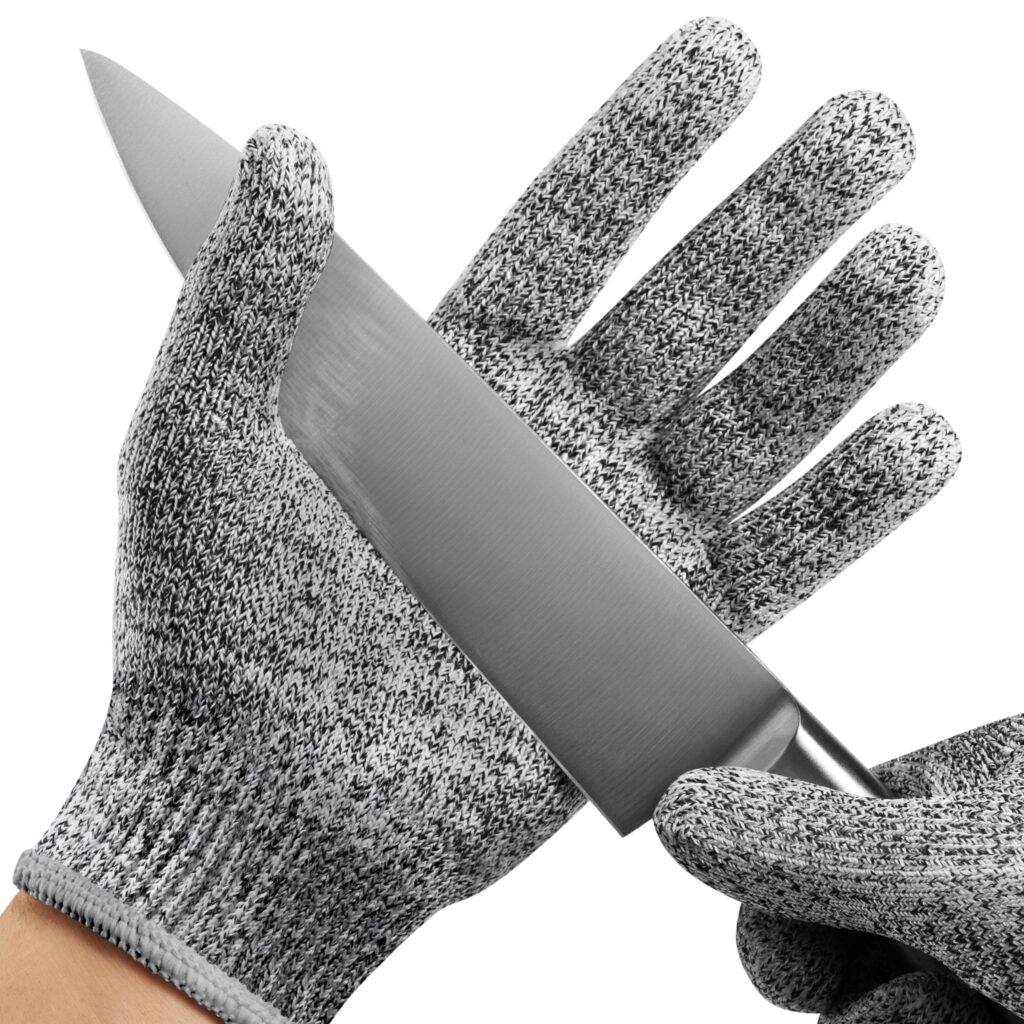
Choosing the right gloves involves assessing your specific needs. For detailed insights, refer to these guides:
- How To Choose The Right Work Gloves – A Buyer’s Guide
- Selecting The Best Leather Work Gloves: A Practical Guide
- How To Choose The Right Impact-Resistant Gloves: A Buyer’s Guide
Common Applications of Cut-Resistant Gloves
Cut-resistant gloves are indispensable across industries:
- Construction: Protection against sharp tools and materials.
- Manufacturing: Ensures safety while handling heavy machinery.
- Food Industry: Hygienic protection during food preparation.
Where to Buy Cut-Resistant Gloves in Europe
Browse the Cut-Resistant Gloves Category for top-tier options that meet your requirements. Many suppliers offer competitive pricing and bulk discounts for European businesses.
Tips for Maintaining Cut-Resistant Gloves
To extend the lifespan of your gloves:
- Proper Cleaning: Follow manufacturer instructions for washing and drying.
- Storage: Keep gloves in a dry, cool place to prevent material degradation.
- Inspection: Regularly check for signs of wear and tear.
Conclusion
Finding the right cut-resistant gloves supplier in Europe doesn’t have to be overwhelming. This directory connects you with trusted suppliers who prioritize quality and compliance. Whether you’re outfitting a construction team or enhancing workplace safety in manufacturing, the right supplier ensures your investment pays off. Start exploring our curated Cut-Resistant Gloves Category to discover top options today.
Frequently Asked Questions
Cut-resistant gloves are classified based on EN 388 standards, which include ratings from 1 to 5 for cut resistance. These levels indicate the glove’s ability to withstand cutting forces, with level 5 offering the highest protection. Understanding these levels is essential for selecting gloves that match the specific hazards of your work environment.
Yes, some suppliers, such as Showa Gloves, prioritize eco-friendly production processes. Look for gloves made with sustainable materials or manufacturing practices if environmental impact is a concern for your organization.
Not all cut-resistant gloves are suitable for chemical or liquid exposure. If your tasks involve handling hazardous substances, ensure the gloves are dual-certified for chemical resistance (EN 374) in addition to cut resistance.
The lifespan of cut-resistant gloves depends on usage frequency, the intensity of tasks, and maintenance. Gloves should be replaced when there are visible signs of wear, tears, or loss of protective properties, typically after 6-12 months of regular use.
Many suppliers provide trial samples or allow you to test gloves in real-world conditions before purchasing. Check with individual suppliers like Ansell or Ejendals to see if they offer this service, as it can help ensure the gloves meet your specific requirements.




